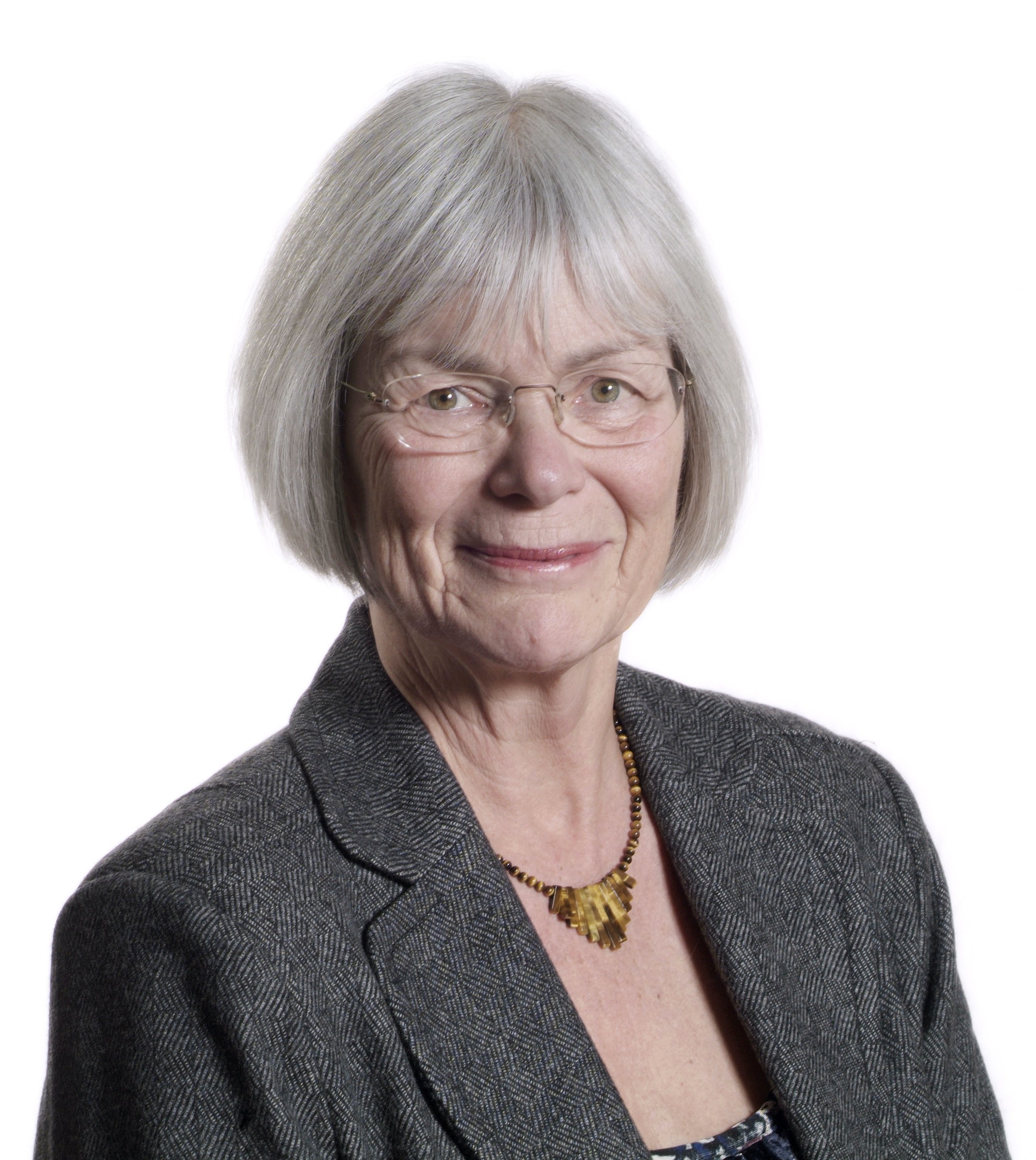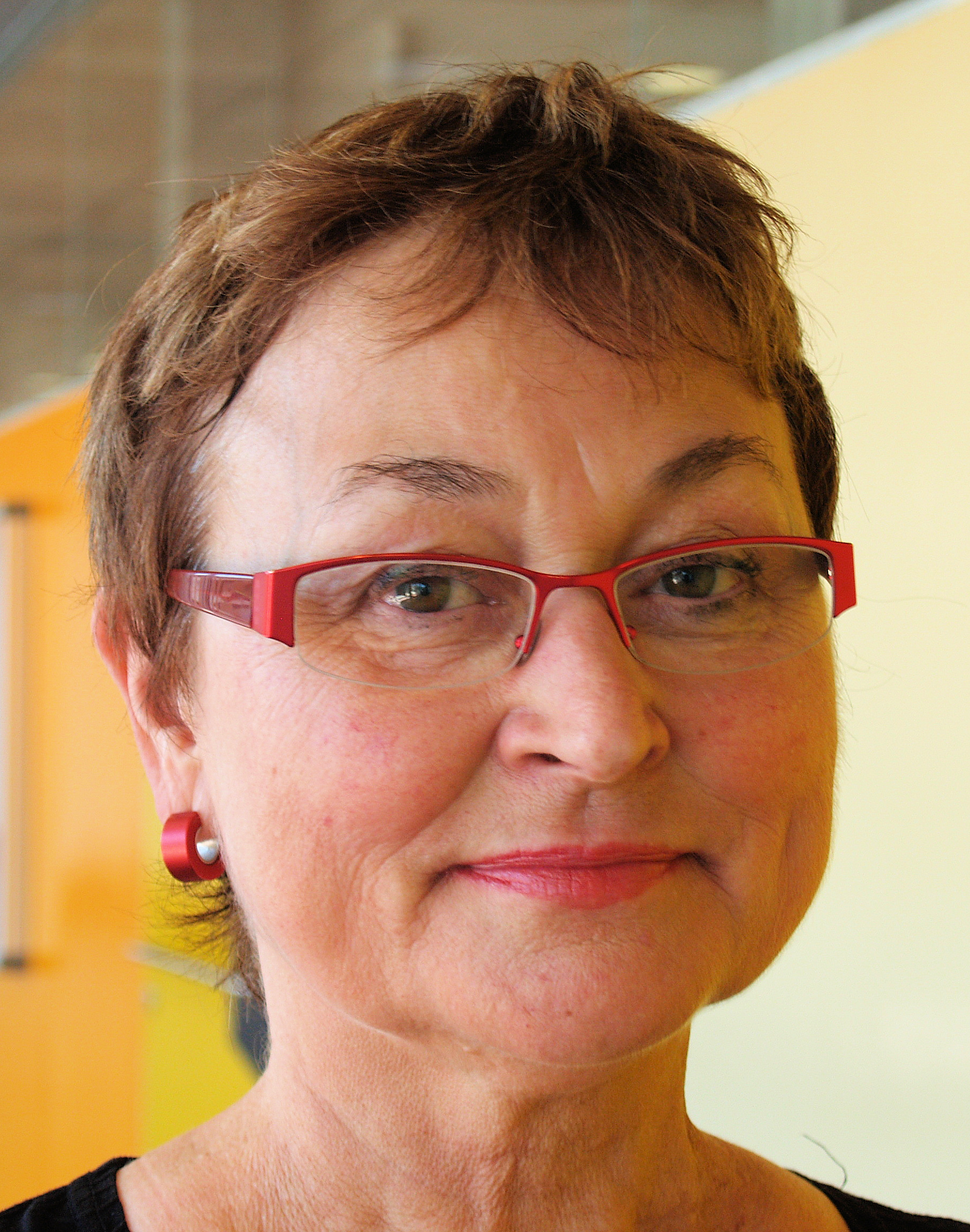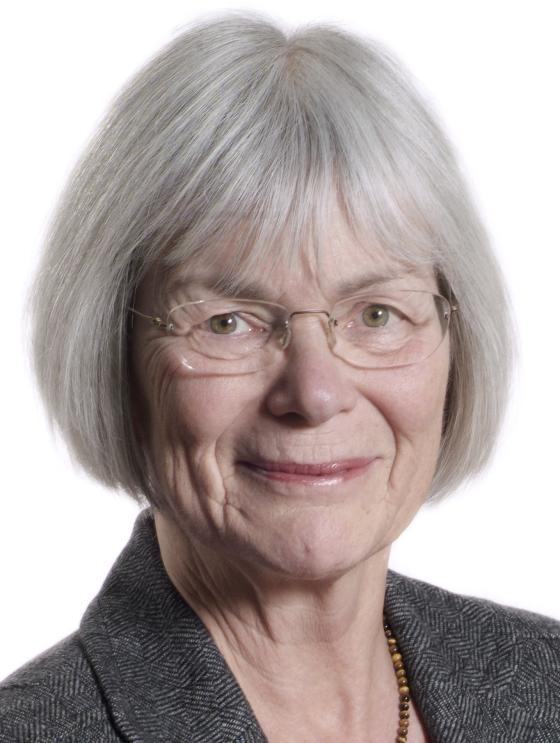New white paper on research policy
In April 2009 the Norwegian Government presented a new white paper on research policy. In the report the Government confirms its commitment to gender equality in research, but critics say progress is too slow.

In the government white paper on research policy presented by the Minister of Research and Education Tora Aasland on 24 April 2009, the Government affirms its goal that Norwegian research is to comprise an equal number of women and men at all job levels and in all subject areas.
According to the Government, the issue is not only one of fairness and equal opportunity for all, but of making the best possible use of the expertise and talent available from among the population.
"We need to take action to improve gender equality. It is a problem that too few women achieve the highest positions, such as professorships, especially in mathematics, natural science and technology," said Minister Aasland at a press conference.
She confirmed, however, that the Government will not earmark positions for women researchers as was indicated in the national budget.
"We continually run up against a rather rigid EU system. And I really don’t want to challenge that system by being uncooperative and saying that we will just go ahead anyway, because if we do we will pay the price. So we must find solutions that are better than earmarking positions, which was the measure I had hoped we would be able to achieve," she explains.
The minister’s remarks signal an end to her goal of reintroducing earmarked positions in Norway in 2009. In the past year the Ministry of Education and Research has worked closely with the EFTA Surveillance Authority in Brussels to clarify which gender equality measures Norway can implement in the research sector without conflicting with the EU regulations on differential treatment. The Government has sought to earmark positions for women, but the EFTA Surveillance Authority will not approve schemes that exclude one of the genders from job advertisements.
Male-dominated
It is not yet clear which measures the Government will focus on instead. In the white paper the Government states that it will consider an incentive scheme for increasing the proportion of women in senior scientific positions in mathematics, natural science and technology. It will also look into new qualifying measures that maintain and develop the expertise of women working in scientific circles that are male dominated so that they qualify for higher level positions.
"I’m very interested in developing a scheme that will help more women to advance professionally and feel at home in the often male-dominated circles. The scheme we propose in the white paper provides a stimulus for research groups that include women," says Minister Aasland.
Progress too slow
"The Government has shown its commitment to gender equality in research by extending the period for the Committee for Mainstreaming – Women in Science and establishing a Gender Equality Award for the research sector," says Gerd Bjørhovde, who heads the committee. However, national measures that could help institutions in their efforts to promote gender equality are long overdue, and this disappoints Bjørhovde.

"Progress is slow. How long are they going to keep investigating and assessing?" she asks. Bjørhovde sees a disparity between progress in this area and the strong political focus that Minister Aasland has placed on gender equality.
"It is time for the Government to take some clear decisions about what they are actually going to do," she says.
Bjørhovde points out that she has not had a chance to read the entire white paper and that she looks forward to reading it in more detail to get the entire picture.
"I’m aware that priority will be given to research on care services and aging as well as to research that promotes better health and health services. As we know, women have a strong presence in these research arenas and fields, and women researchers will surely welcome this development. I’m very happy about it!"
"And can we also hope that the Government will propose concrete measures to promote gender equality in research as early as in the revised national budget? This would help to change the impression that progress is slow," concludes Bjørhovde.
Translated by Connie Stultz
